Best movies & TV Shows like The Great Depression
A unique, carefully handpicked, selection of the best movies like The Great Depression Starring Joe Morton, and more. If you liked The Great Depression then you may also like: The War at Home, We Work Again, Native Land, Our Brand Is Crisis, Queen for a Day and many more popular movies featured on this list. You can further filter the list even more or get a random selection from the list of similar movies, to make your selection even easier.
A 7-part series telling dramatic and diverse stories of struggle and survival during the worst economic crisis in U.S. history. From the producers of Eyes on the Prize, this series was met with critical acclaim and won both an Emmy Award for writing and a duPont-Columbia Award.
You may filter the list of movies on this page for a more refined, personalized selection of movies.
Still not sure what to watch click the recommend buttun below to get a movie recommendation selected from all the movies on this list
We Work Again
The role of African Americans in the recovery years of the Great Depression is the subject of this informational short, which offers an idealized depiction of life in a segregated society. The highlight, by far, is rare footage of Orson Welles’s “Voodoo Macbeth,” produced in 1935 for the New York Negro Unit of the WPA’s Federal Theatre Project.
Native Land
By the start of World War II, Paul Robeson had given up his lucrative mainstream work to participate in more socially progressive film and stage productions. Robeson committed his support to Paul Strand and Leo Hurwitz’s political semidocumentary Native Land. With Robeson’s narration and songs, this beautifully shot and edited film exposes violations of Americans’ civil liberties and is a call to action for exploited workers around the country. Scarcely shown since its debut, Native Land represents Robeson’s shift from narrative cinema to the leftist documentaries that would define the final chapter of his controversial film career.
Our Brand Is Crisis
A documentary on American political campaign marketing tactics and their consequences.
Queen for a Day
Adapted from the TV and radio series of the same name, the producer of said show reads letters from three woman providing the framing story for this melodrama anthology film. The tales focus on parenting and family struggles.
Roger & Me
A documentary about the closure of General Motors' plant at Flint, Michigan, which resulted in the loss of 30,000 jobs. Details the attempts of filmmaker Michael Moore to get an interview with GM CEO Roger Smith.
American Fable
When 11-year-old Gitty discovers that her father, Abe, a good and beloved farmer, is holding a wealthy man hostage in their abandoned silo in order to save their suffering farm, she befriends the captive in secret. As the truth unfolds about who he is and what will happen if he escapes, Gitty chooses to confront the thin line between reality and fiction.
Capitalism: A Love Story
Michael Moore comes home to the issue he's been examining throughout his career: the disastrous impact of corporate dominance on the everyday lives of Americans (and by default, the rest of the world).
Heroes for Sale
Tom Holmes is someone guided by honesty and moral rectitude, a heroic veteran of the World War I marked by the unbearable suffering caused by his battle wounds, a traumatized but courageous man who will experience, in the years to come, the pain of misfortune but also the happiness of success and hope and love for other human beings.
God's Country
In 1979, Louis Malle traveled into the heart of Minnesota to capture the everyday lives of the men and women in a prosperous farming community. Six years later, during Ronald Reagan's second term, he returned to find drastic economic decline. Free of stereotypes about America's "heartland," GOD'S COUNTRY, commissioned for American public television, is a stunning work of emotional and political clarity.
Detropia
Detroit’s story has encapsulated the iconic narrative of America over the last century – the Great Migration of African Americans escaping Jim Crow; the rise of manufacturing and the middle class; the love affair with automobiles; the flowering of the American dream; and now… the collapse of the economy and the fading American mythos.
Hillary's America: The Secret History of the Democratic Party
In Hillary's America, bestselling author and influential filmmaker Dinesh D’Souza reveals the sordid truth about Hillary Clinton and the secret history of the Democratic Party. This important and controversial film releases at a critical time leading up to the 2016 Presidential campaign and challenges the state of American politics.
How to Survive a Plague
A story of two coalitions – ACT UP and TAG (Treatment Action Group) – whose activism and innovation turned AIDS from a death sentence into a manageable condition. Despite having no scientific training, these self-made activists infiltrated the pharmaceutical industry and helped identify promising new drugs, moving them from experimental trials to patients in record time.
Street Fighting Men
In a rapidly changing America where mass inequality and dwindling opportunity have devastated the black working class, three Detroit men must fight to build something lasting for themselves and future generations.
Give Us This Day
Exiled from Hollywood due to the blacklist, director Edward Dmytryk briefly operated in England in the late 1940s. Though filmed in its entirety in London, Dmytryk's Give Us This Day is set in New York during the depression. Fellow blacklistee Sam Wanamaker is starred as the head of an Italian immigrant family struggling to survive the economic crisis.
The American Clock
Moe, Rose and Lee Baumler are members of an upper class family who find the world completely changed when they lose everything in the stock market crash of 1929. Lee, a college-age young man, who now faces no possibility of entering college, decides to go on the road to see what is happening to the rest of the country.
Brother, Can You Spare a Dime?
Period music, film clips and newsreel footage combined into a visual exploration of the American entertainment industry during the Great Depression.
Down and Out in America
The recession of the 1980s split the country into the haves and have-nots, from family farmers to factory workers and homeless people forced to live in decrepit welfare hotels. On the verge of losing everything, courageous Americans discover the power of community organizing to fight injustice.
Fifty Years Before Your Eyes
A documentary about the major events of the first fifty years of the Twentieth Century.
I Am Not Your Negro
Working from the text of James Baldwin’s unfinished final novel, director Raoul Peck creates a meditation on what it means to be Black in the United States.
Collapse
From the acclaimed director of American Movie, the documentary follows former Los Angeles police officer turned independent reporter Michael Ruppert. He recounts his career as a radical thinker and spells out his apocalyptic vision of the future, spanning the crises in economics, energy, environment and more.
Cesar Chavez
A biography of the civil-rights activist and labor organizer Cesar Chavez. Chronicling the birth of a modern American labour movement, Cesar Chavez tells the story of the famed civil rights leader and labour organiser torn between his duties as a husband and father and his commitment to securing a living wage for farm workers. Passionate but soft-spoken, Chavez embraced non-violence as he battled greed and prejudice in his struggle to bring dignity to working people.
The Brothers Warner
An intimate portrait and saga of four film pioneers--Harry, Albert, Sam and Jack who rose from immigrant poverty through personal tragedies persevering to create a major studio with a social conscience.
King
Forty years after Martin Luther King s assassination, HISTORY, with newsman Tom Brokaw, takes viewers through the extraordinary life and times of America's civil rights visionary. KING goes beyond the legend to portray the man, the questions, the myths and, most importantly, the relevance of Dr. King s message in today s world. Includes a rare interview with his son, Martin Luther King III, as well as associates from the civil rights campaigns and contemporary figures such as former President Bill Clinton, Condaleezza Rice, Bono, Forest Whitaker, Chuck D and others.
Earth 2100
Experts say over the next hundred years the "perfect storm" of population growth, resource depletion and climate change could converge with catastrophic results. The scenarios in Earth 2100 are not a prediction of what will happen but rather a warning about what might happen.
1929: The Great Crash
A documentary exploring the causes of the 1929 Wall Street Crash.Over six terrifying, desperate days in October 1929, shares crashed by a third on the New York Stock Exchange. More than $25 billion in individual wealth was lost. Later, three thousand banks failed, taking people's savings with them. Surviving eyewitnesses describe the biggest financial catastrophe in history.
The Eagle and the Lion: Hitler vs Churchill
Winston Churchill, one of the most revered men of the twentieth century. Adolf Hitler, one of the most hated leaders in contemporary history. Between 1940 and 1945, these two enormously contradictory personalities faced each other in both politics and war. A clash of giants whose story begins in the trenches of the World War I and ends with the debacle of the World War II.
Fort Niagara: The Struggle For a Continent
For over 150 years, Fort Niagara protected the strategic point at the mouth of the Niagara River. Four nations struggled to conquer it, and thus control that critical water artery.
Detroit: Comeback City
The story of how Detroit went from the engine of American capitalism, to a city of ruins that is now on the cusp of an exciting rebirth told by real Detroiters who recount the stories of their relatives who helped build the city and the country.
Drylanders
The epic story of the opening of the Canadian West and the drought that brought the Depression in the thirties. This is the saga of a family who left eastern Canada to stake their future in the Prairies.
Together We Live
A ham-handed cautionary fable against communism, the film concerns a group of Civil War veterans who are appalled by the burgeoning radical movement in America.
Carnivàle
Carnivàle is an American television series set in the United States during the Great Depression and Dust Bowl. In tracing the lives of two disparate groups of people, its overarching story depicts the battle between good and evil and the struggle between free will and destiny; the storyline mixes Christian theology with gnosticism and Masonic lore, particularly that of the Knights Templar.
When We Rise
The personal and political struggles, setbacks and triumphs of a diverse family of LGBT men and women who helped pioneer one of the last legs of the U.S. Civil Rights movement from its turbulent infancy in the 20th century to the once unfathomable successes of today. The period piece tells the history of the gay rights movement, starting with the Stonewall Riots in 1969.
Robbery Homicide Division
Robbery Homicide Division was an American police procedural television series on CBS, created by Barry Schindel with executive producer Michael Mann. Schindel has been nominated for three Emmy Awards.
People's Century
People's Century is a television documentary series examining the 20th century. It was a joint production of the BBC in the United Kingdom and PBS member station WGBH Boston in the United States. First shown on BBC in 1995, the 26 parts of one hour deal with the socio-economic, political, and cultural movements that shaped the 20th century. The documentary won an International Emmy Award, among others. A departure from other documentaries that observe history as the actions of great men, People's Century considers the Century from the view of common people. Most persons interviewed were ordinary men and women who closely witnessed various events and they give personal accounts how developments in the Twentieth Century affected their lives. The opening credits depict various images from the century, accompanied with a theme music score by Zbigniew Preisner. A very short introduction of the episode would then follow, often illustrated by a dramatic event that illustrates the episode's particular theme coming to the fore. The British version was narrated by Sean Barrett and Veronika Hyks, the American by actors John Forsythe and Alfre Woodard. People's Century was coproduced by the BBC and WGBH with executive producers Peter Pagnamenta and Zvi Dor-Ner, respectively; along with producer David Espar.
Mildred Pierce
Mildred Pierce depicts an overprotective, self-sacrificing mother during the Great Depression who finds herself separated from her husband, opening a restaurant of her own and falling in love with a man, all the while trying to earn her spoiled, narcissistic daughter's love and respect.
The RKO Story: Tales From Hollywood
Ed Asner tells the story of RKO Pictures from the 1920s to the 1960s.
Apocalypse: The Rise of Hitler
Adolf Hitler (1889-1945) was a mediocre who rose to power because of the blindness and ignorance of the Germans, who believed he was nothing more than an eccentric dreamer. But when the crisis of 1929 devastated the economy, the population, fearful of chaos and communism, voted for him. And no one defended democracy. As the dictatorship extended its relentless shadow, the leader claimed peace, but was preparing the Apocalypse.
Escape from Colditz
The best known and most notorious PoW camp in history is Colditz, an 18th century castle in eastern Germany. With its imposing walls, steep cliffs, and rigorous policing, it was seen as the ultimate prison, home to the worst troublemakers from allied PoW camps all over Europe. Using archive material and dramatic reconstruction, and the personal testimony of Colditz veterans, this series documents the creative and often spectacular attempts to go over, under, around or through the walls. A specially commissioned archaeologist, working with the veterans, also uncovers the secret rooms, hidden tunnels and concealed doors that were so important in securing each precious escape from Colditz. At the start of 1942, British prisoners were lagging behind the French and Dutch in terms of "home runs" but the British success rate was about to improve, as they were getting help from a new source.
The Roosevelts: An Intimate History
Chronicles the lives of Theodore, Franklin and Eleanor Roosevelt, three members of the most prominent and influential family in American politics. It is the first time in a major documentary television series that their individual stories have been interwoven into a single narrative. This seven-part, fourteen hour film follows the Roosevelts for more than a century, from Theodore’s birth in 1858 to Eleanor’s death in 1962.
Show Me a Hero
Mayor Nick Wasicsko took office in 1987 during Yonkers' worst crisis when federal courts ordered public housing to be built in the white, middle class side of town, dividing the city in a bitter battle fueled by fear, racism, murder and politics.
Tricky Dick
Explore Richard Nixon’s life and times; tracking his rise, fall, incredible comeback and political destruction during some of America’s most tumultuous decades. From his early political maneuvers in California, to the game-changing Kennedy-Nixon debates through his disgraceful Watergate exit, featuring never-before-seen footage this fully archive based series offers fresh insight into a riveting story of politics, power and scandal.
Perry Mason
Set in 1932 Los Angeles, the series focuses on the origin story of famed defense lawyer Perry Mason. Living check-to-check as a low-rent private investigator, Mason is haunted by his wartime experiences in France and suffering the effects of a broken marriage. L.A. is booming while the rest of the country recovers from the Great Depression — but a kidnapping gone very wrong leads to Mason exposing a fractured city as he uncovers the truth of the crime.
A More or Less Perfect Union
Hosted by Judge Douglas H. Ginsburg, A More or Less Perfect Union features perspectives and interviews from constitutional experts of all stripes - liberal, conservative and libertarian - examining the key issues of liberty: freedom of religion and press, slavery and civil rights, the Second Amendment, separation of powers and more. Constitutional experts, citizens and in dramatic recreations, the Framers themselves--weigh in on the unique document, the rule of law, the three branches of government separated to prevent tyranny, and the debate over originalism versus a living Constitution.
Eleanor and Franklin
The story of Franklin and Eleanor Roosevelt, from early youth to his election as President of the United States, as told from Eleanor's point of view.
Street Cents
"Street Cents," a teen-centered newsmagazine aired on CBC Television from 1989 to 2006, stood out for its focus on consumer and media awareness for young viewers. Created by producer John Nowlan and inspired by Britain's "Pocket Money," the series garnered critical acclaim, winning Gemini Awards and an International Emmy for Best Youth Programming. Ad-free like CBC's Marketplace, it prioritized unbiased critique of products and services, promoting safety, ethics, and youth empowerment. Despite its lauded inclusivity, the show ended in October 2006 due to declining teen viewership, leaving CBC-TV without youth-targeted programming.
The Journal Editorial Report
The Journal Editorial Report is a weekly American interview and panel discussion TV program on Fox News Channel, hosted by Paul Gigot, editorial page editor of The Wall Street Journal. Prior to moving to Fox News, the show aired on PBS for 15 months, ending on December 2, 2005. Opening with a newsmaker of the week, Gigot usually interviews a guest for the first half of the program, asking questions related to the writings of the guest or a current event of interest to the guest. Following the guest segment, the program becomes a panel discussion of Wall Street Journal editorial writers giving their opinions on the political, economic, and cultural issues of the current week. The final segment labeled Hits and Misses lets the panelists comment on the best and worst stories or events of the week. The program is broadcast Saturdays at 2:00 p.m. and 11:00 p.m. and Sundays at 6:00 a.m. The transcript of each show appears on OpinionJournal.com on the following Monday. The political point of view of the panel is primarily libertarian, reflecting the "free markets and free people" philosophy of the editorial page of the Wall Street Journal.
Fruits of Labor
A Mexican-American teenage farmworker dreams of graduating high school, when ICE raids in her community threaten to separate her family and force her to become her family’s breadwinner.
















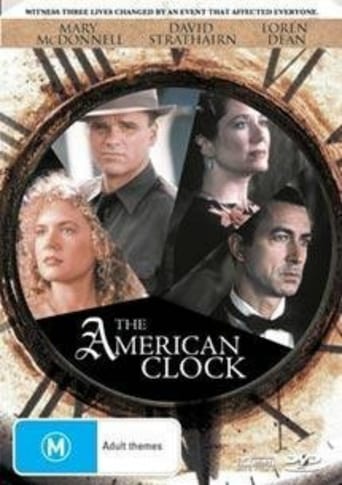
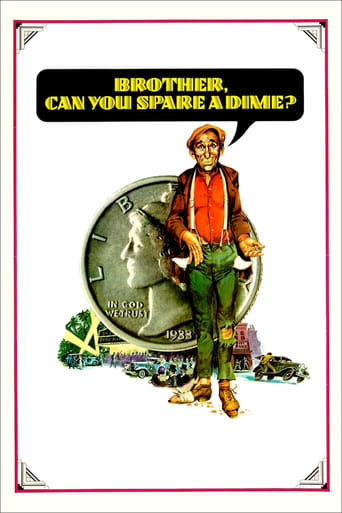




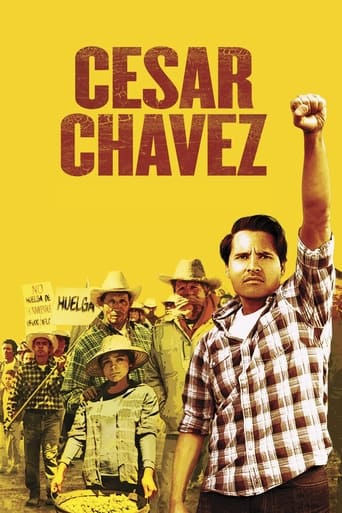
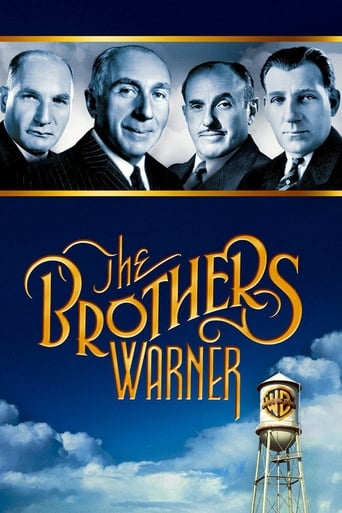


























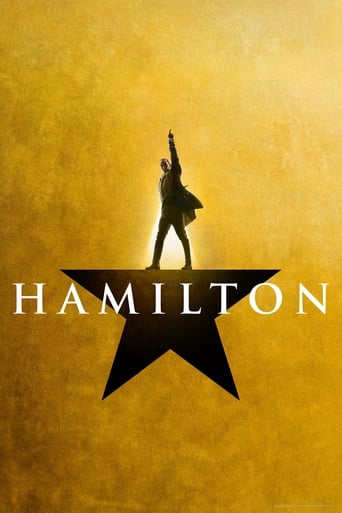
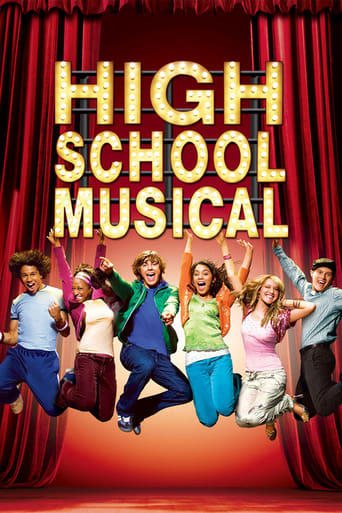

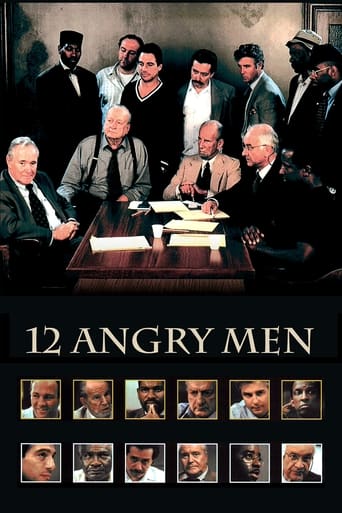
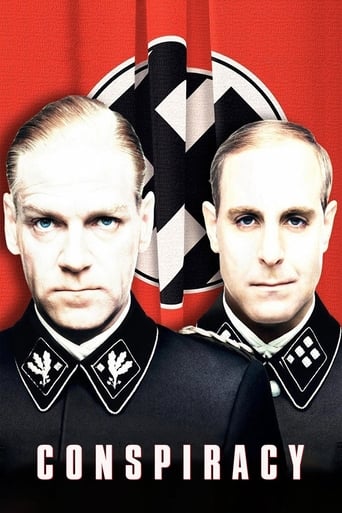

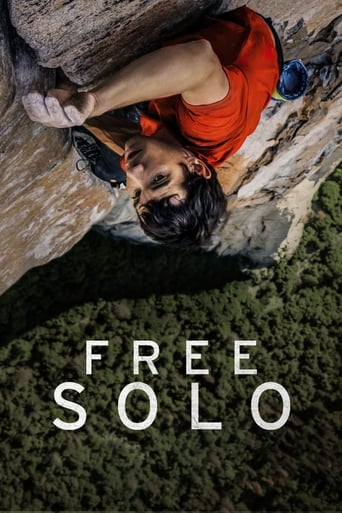

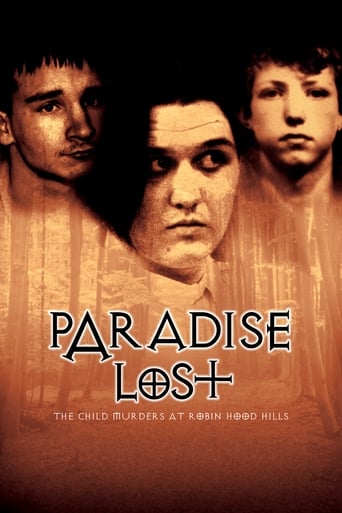
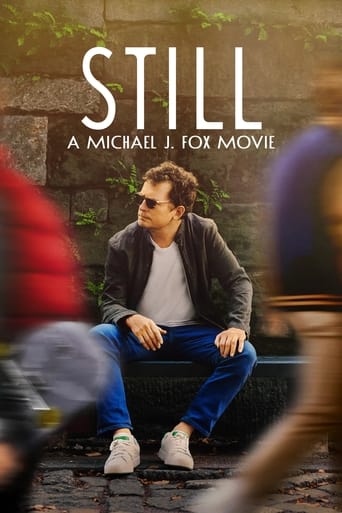



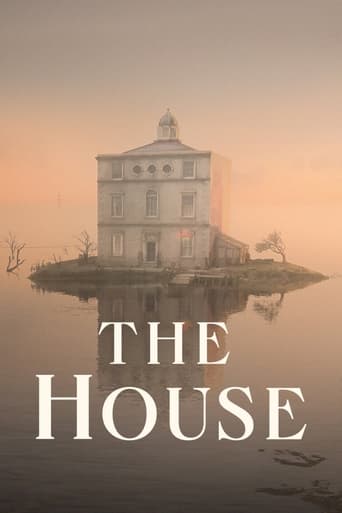
The War at Home
Documentary film about the anti-war movement in the Madison, Wisconsin area during the time of the Vietnam War. It combines archival footage and interviews with participants that explore the events of the period on the University of Wisconsin–Madison campus.